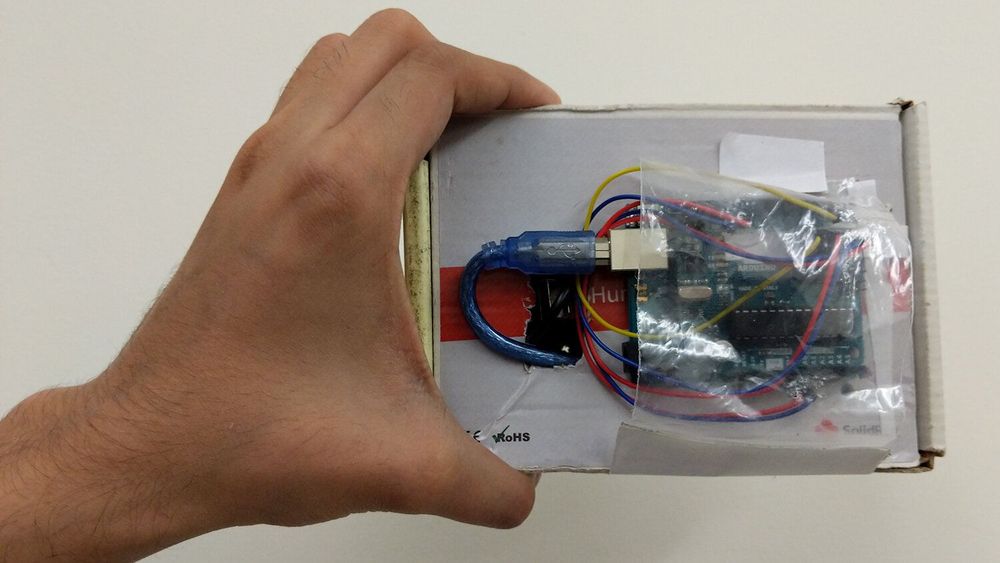Aug 28, 2019
Using Wi-Fi-like sonar to measure speed and distance of indoor movement
Posted by Saúl Morales Rodriguéz in categories: drones, internet, mobile phones, robotics/AI
Researchers from North Carolina State University have developed a technique for measuring speed and distance in indoor environments, which could be used to improve navigation technologies for robots, drones—or pedestrians trying to find their way around an airport. The technique uses a novel combination of Wi-Fi signals and accelerometer technology to track devices in near-real time.
“We call our approach Wi-Fi-assisted Inertial Odometry (WIO),” says Raghav Venkatnarayan, co-corresponding author of a paper on the work and a Ph.D. student at NC State. “WIO uses Wi-Fi as a velocity sensor to accurately track how far something has moved. Think of it as sonar, but using radio waves, rather than sound waves.”
Many devices, such as smartphones, incorporate technology called inertial measurement units (IMUs) to calculate how far a device has moved. However, IMUs suffer from large drift errors, meaning that even minor inaccuracies can quickly become exaggerated.
















